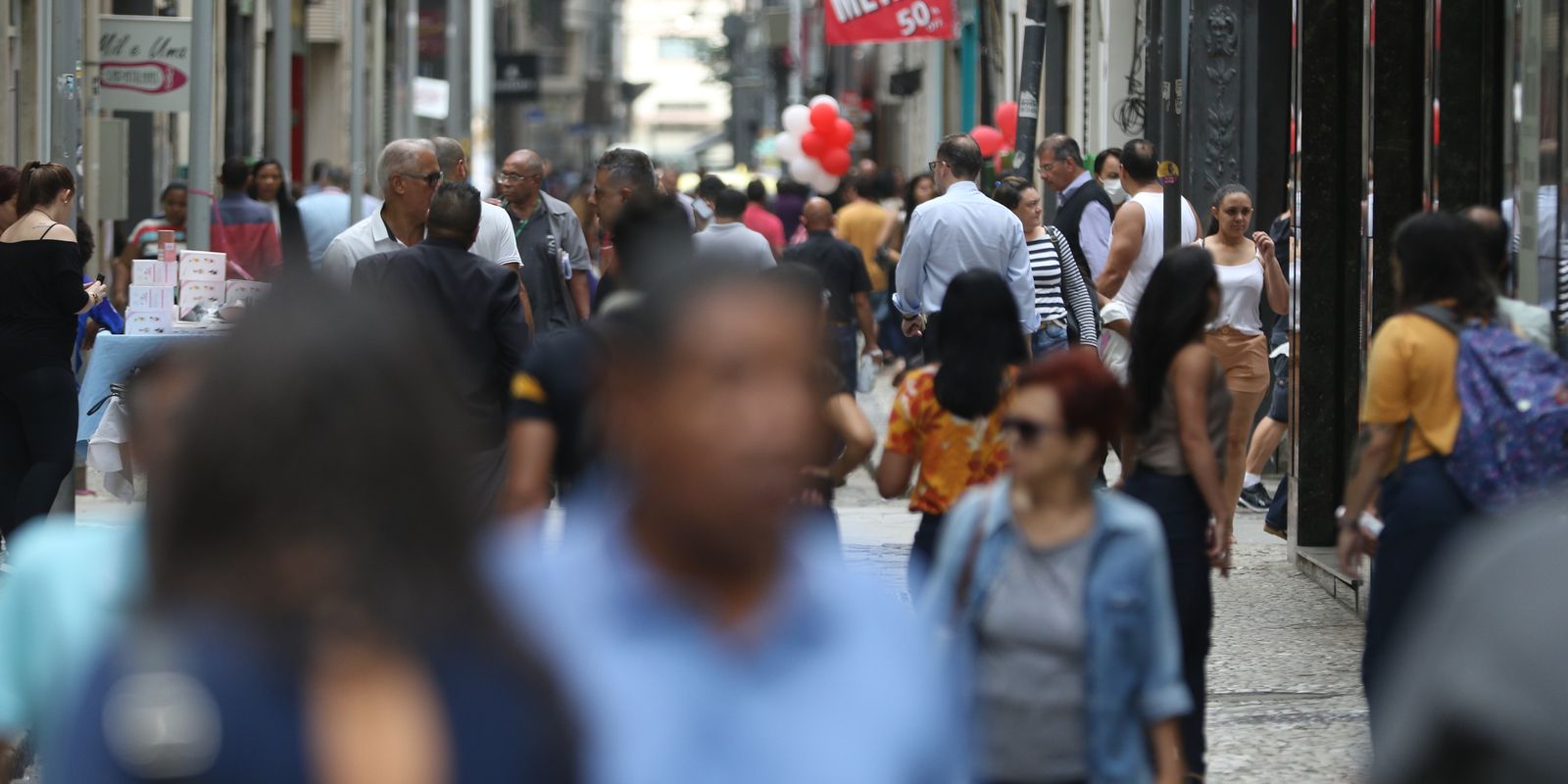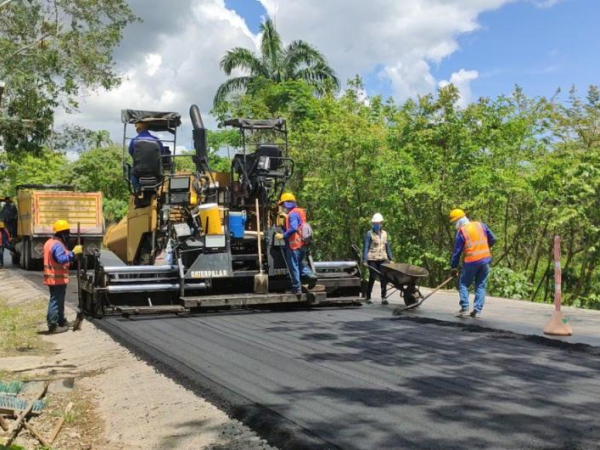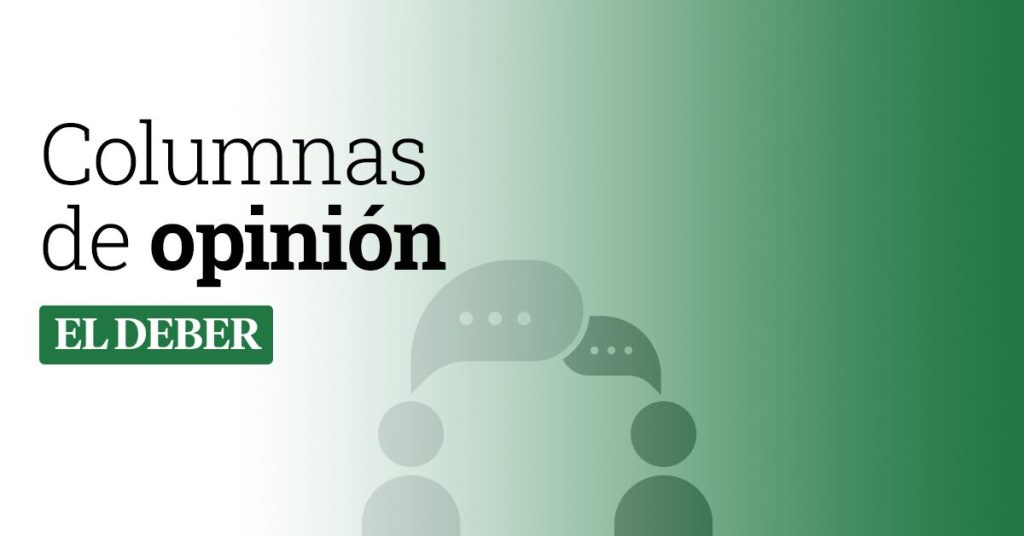Sanctioned this Thursday (16) afternoon, the complementary law that regulates the tax reform on consumption will simplify tax collection in the country and will be implemented gradually. The law defines several points that needed regulation after the approval of the constitutional amendment that reformulated the tax system in the country.
The main changes are the tax reorganization on consumption. In place of the five current taxes, there will be a Value Added Tax (VAT) of a “dual nature”, with one part administered by the Union and the other by states and municipalities.
The portion collected by the Union will make up the Contribution on Goods and Services (CBS), which will bring together the Social Integration Program (PIS), the Contribution for Social Security Financing (Cofins) and the Tax on Industrialized Products (IPI). The states and municipalities will be responsible for the Tax on Goods and Services (IBS), which will include the Tax on the Trade of Goods and Services (ICMS), under state jurisdiction, and the Tax on Services (ISS), under municipal jurisdiction.
Although the Constitution stipulated the unification of these taxes, regulation was necessary to define how the change to the new system will take place. In addition to the unification of taxes, the reform provides for the end of cumulativity, cascade charging, in which the same tax is charged at different stages of the production chain, both on inputs and on the final product.
The regulation also addresses the transition to the new system. In 2026, there will be a testing phase, with test rates for CBS and IBS. From 2027 to 2033, rates rise gradually, with current taxes gradually ceasing to be charged.
The tax reform regulations also defined points such as products in the basic basket with zero rate, sectors of the economy with exemption or reduced rate, products with Selective Tax (charged on goods that harm health and the environment) and the scope of cashback (return of taxes to the poorest).
The complementary law also defined 18 activities by independent professionals that will have a tax rate reduced by 30%, a list of medicines and health items with tax exemption or reduction and a lock on the standard rate of 26.5%.
Understand the changes
Food
National basic basket, with zero rate
• Sugar;
• Rice;
• Oats;
• Coffee;
• Beef, pork, lamb, goat and poultry meat and products of animal origin (except foie gras)
• Coconuts;
• Cassava and tapioca flour;
• Wheat flour;
• Beans;
• Infant formulas;
• Corn grain;
• Pasteurized or industrialized fluid milk, in ultra-pasteurized form; powdered, whole, semi-skimmed or skimmed milk; and infant formulas defined by specific legal provisions;
• Butter;
• Margarine;
• Pasta;
• Herb tea;
• Babassu oil;
• French bread;
• Fish and fish meat (except salmonids, tuna, cod, haddock, saithe and roe and other by-products);
• Cheeses such as mozzarella, minas, dish, coalho cheese, ricotta, cottage cheese, provolone cheese, parmesan cheese, unmatured fresh cheese and black cheese;
• Roots and tubers;
• Salt.
Food with a 60% reduction in relation to the standard rate
• Corn starch;
• Cookie;
• Crustaceans (except lobsters and crayfish);
• Tomato extract;
• Cereal flour, groats and semolina; crushed or flaked cereal grains;
• Regional nuts, peanuts and other seeds;
• Fermented milk, beverages and dairy compounds;
• Pasta;
• Natural honey;
• Soybean, corn, canola and other vegetable oils (with the exception of babassu oil, which is in the 100% basket);
• Sliced bread;
• Fruit pulps free of sugar, sweeteners and preservatives;
• Vegetable products;
• Natural fruit or vegetable juices without sugar, sweeteners and preservatives;
Selective Tax
Extra tax on the following products that harm health or the environment:
• Sugary drinks;
• Alcoholic drinks;
• Mineral goods;
• Prediction and fantasy sport contests;
• Vessels and aircraft;
• Smoking products (cigarettes and related products);
• Vehicles.
Ore exports will be exempt from Selective Tax.
Cashback
100% return of CBS and at least 20% of IBS to the low-income population on:
• Water;
• Gas cylinder;
• Telephone and internet bills;
• Electric energy;
• Sewage.
Other products and services with a 20% refund from CBS and IBS.
Return will benefit the population registered in the Federal Government’s Single Registry of Social Programs (CadÚnico). In IBS, it will be up to states and municipalities to decide whether the refund will be greater than 20%.
New sectors with a 60% reduction in the rate:
• Accessibility devices;
• Early childhood, elementary and secondary education;
• Agricultural inputs;
• Personal hygiene items, such as soap, toothbrushes and toilet paper;
• National artistic productions, works, events;
• Healthcare services and medical devices.
Freelance professionals
A total of 18 regulated professions will pay 30% less VAT. The benefited activities are the following:
• Administrators;
• Lawyers;
• Architects and urban planners;
• Social workers;
• Librarians;
• Biologists;
• Accountants
• Economists;
• Domestic economists;
• Engineers and agronomists;
• Statistics;
• Veterinarians and zootechnicians;
• Museologists;
• Physical education professionals;
• Public relations professionals;
• Chemicals;
• Agricultural technicians;
• Industrial technicians;
Rate lock
With the inclusion of exceptions for sectors of the economy and products, the standard VAT rate rose to 27.84%, according to preliminary calculations. This is because lower rates for one segment mean a higher rate on other products.
The complementary law establishes a ceiling of 26.5% for the standard rate. In 2031, an assessment will estimate whether the final VAT rates, which will come into force in 2033, will be higher than 26.5%. If so, the government will send a project to reduce exceptions for sectors and products, which will need to be approved by the end of 2032, to rebalance the standard rate at 26.5% in 2033.
From 2033, there will be automatic triggers to reduce the tax burden each time the reference rate exceeds 26.5%.
Nanoentrepreneur
In addition to the individual microentrepreneur (MEI), a regime created in 2008 to benefit those who earn up to R$81 thousand per year, Congress created the figure of the nanoentrepreneur, an autonomous professional who earns up to R$40.5 thousand per year (R$3,375 per month). This limit is equivalent to half of MEI’s revenue.
The nanoentrepreneur will be able to choose between staying in Simples Nacional, a simplified regime for micro and small companies with cascading taxation, or migrating to VAT, with a higher rate, but not cumulative. If you migrate to VAT, the nanoentrepreneur will no longer contribute to Social Security.
Applications
Tax on gross revenue from app drivers or delivery people will only apply to 25% of earnings from rides. If this 25% is less than R$40.5 thousand per year, the application professional will also be classified as a nanoentrepreneur.
Medicines
All medicines registered with the National Health Surveillance Agency (Anvisa) and formulas produced by compounding pharmacies will have a 60% discount on the rate. Around 400 active ingredients for serious treatments will have the rate zeroed.
Some medical products and health services will have a tax rate reduced by 60%, such as health products home care (care of patients at home), surgical instrumentation and sterilization services. Medicines, vaccines and serums for veterinary use will also pay 60% less tax.
Health Plans
Companies will be able to consider health plans purchased for employees as IBS and CBS credit.
Health plans for domestic animals will have a 30% reduction in the rate.
Real Estate
50% discount on the general rate on real estate market transactions.
VAT exemption for individuals with rental properties, as long as rental income is less than R$240,000 per year and owners have less than three rental properties. Above these limits, the lessor, including individuals, will have to include VAT in the calculation of the rent.
Bars, hotels, restaurants and parks
Simplification in the calculation of the specific regime for these sectors, with a rate reduced by 40% and exclusion of tips from the calculation base. Sales of alcoholic beverages continue to pay the standard rate.
In return, anyone who purchases products or services from these sectors will not be able to deduct CBS and IBS credits.
Amazon Refinery
President Luiz Inácio Lula da Silva did not veto an article that included the refining sector in the Manaus Free Zone. Included by Senator Eduardo Braga (MDB-AM), rapporteur of the complementary law in the Senate, this point benefited a single company in the North Region, Refinaria da Amazônia (Ream).
According to extraordinary secretary for Tax Reform at the Ministry of Finance, Bernard Appy, the government did not veto the article to prevent other companies from being included in the Free Zone.















